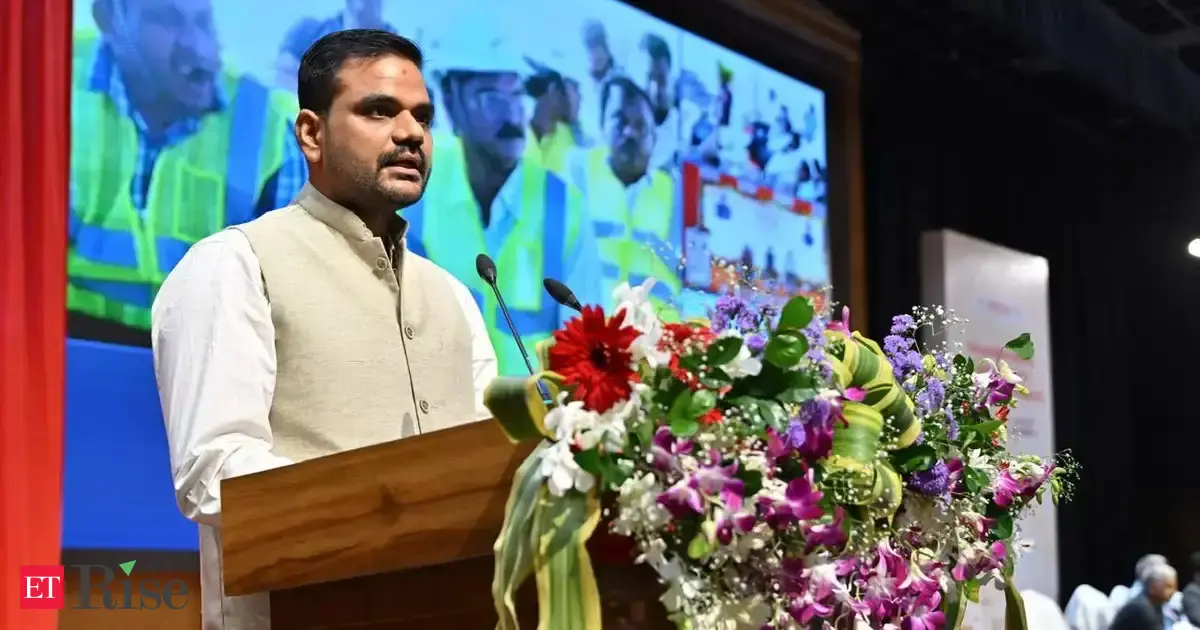By Royal Ibeh
Copyright businessday

Nigeria, once the crown jewel of Africa’s venture capital landscape, is now weathering its steepest funding drought in half a decade.
After leading the continent with record inflows in 2021, the country has now slipped from its VC throne, raising barely half of its previous haul and tumbling to fourth place in 2024 among Africa’s ‘Big Four’ startup hubs.
What was once a story of booming fintech rounds and unicorn dreams has turned into one of belt-tightening, delayed raises, and anxious founders battling to keep the lights on.
Back in 2021, Nigerian startups pulled in approximately $1.5 billion, cementing the country as the continent’s top investment destination, followed by South Africa at about $949 million, Egypt at around $599 million, and Kenya at roughly $411 million, according to ‘Africa: The Big Deal’ report.
This funding surge reflected significant investor interest, with several reports noting that African startups raised over $3.5 billion in total for that year.
It was a record-breaking year for African startup funding, with total funding significantly exceeding previous years. Nigeria consistently held the top spot in funding, securing a substantial portion of the capital invested across the continent. These four countries demonstrated strong startup activity, with Nigeria having over 200 deals and the other three countries each exceeding 100 deals for the year.
In 2022, Nigeria startups raised approximately $1.2 billion, Kenya raised about $1.1 billion, Egypt secured around $820 million, and South Africa’s startups got approximately $555 million. The ‘Big Four’ raised a total of approximately $3.7 billion, according to a report by Africa: The Big Deal.
In 2023, Kenya led the continent with $800 million in startup funding, followed by Egypt at $640 million, South Africa at $600 million, and Nigeria with $400 million.
By 2024, Kenya had maintained its lead, securing $638 million, while Nigeria attracted $410 million. Egypt received $400 million, while South Africa secured $394 million. Altogether, the Big Four raised $1.7 billion in 2024.
In 2025, Nigeria’s startup funding has shown no improvement. In the first half (H1) of 2025, South Africa, Nigeria, Kenya, and Egypt’s startups raised a total of $1.055 billion, with Egypt leading with $332 million, followed by South Africa ($273 million), Nigeria ($162 million), and Kenya ($132 million), according to Africa: The Big Deal data.
Nigerian startups have managed just $162 million in funding H1 2025, the country’s weakest showing since 2020.
Africa’s overall funding has rebounded modestly, reaching $1.055 billion in H1 2025, a 78 percent jump from the $800 million in H1 2024, driven by equity deals and policy tweaks in emerging markets like Ghana and Tunisia.
The perfect storm: Macro headwinds batter ecosystem
What explains this drought? The culprits are a toxic brew of macroeconomic pressures that have made Nigeria a riskier bet for investors.
Fisayo Oke, safer gambling analyst, told BusinessDay that looking at the trends, he thinks there is a mix of global caution and local realities. He noted that globally, capital has tightened as investors everywhere prioritise fundamentals over speed.
At the top is the naira’s relentless devaluation. From N460 per dollar in May 2023, the naira plummeted to around N1,500 by mid-2025, a 70 percent value wipeout that crushed purchasing power and inflated import costs.
For startups reliant on dollar-denominated funding but earning naira revenue, this mismatch is brutal. Cloud servers, software licenses, and even marketing tools, often imported, now cost twice to three times more, eroding margins and runway.
“For instance, the devaluation turned a $2 million raise into a nightmare. Investors see dollar projections and think, ‘great idea, but how do you scale when the currency eats your profits?’” Jide Awe, a tech analyst, lamented.
His sentiment echoes a broader frustration as foreign VCs, spooked by forex volatility, are diverting to more stable peers like Egypt, where the pound has held firmer.
Compounding this is the Central Bank of Nigeria (CBN)’s benchmark interest rate, hiked to 27 percent to tame inflation hovering above 20 percent.
High rates make local debt pricier, squeezing cash-strapped founders who can’t access cheap global capital.
“Borrowing at 27 percent? That is not funding; that is a death sentence for early-stage ventures,” Awe stated.
Global factors aren’t helping. Africa’s startups snagged just 0.6 percent of worldwide VC in 2024, down amid high interest rates and geopolitical jitters.
Investors, per Partech Africa, are prioritising ‘de-risked’ markets such as Egypt’s proptech boom (e.g., Nawy’s $75 million round) and South Africa’s steady fintech growth. Nigeria’s 20,600+ startups, far outpacing Egypt’s 8,000, produce volume but not the megadeals that signal scalability.
To Oke, Nigeria has faced steep devaluation, high borrowing costs, and unpredictable operating expenses. “To be fair, I would argue that under president Bola Tinubu, we have seen fairly consistent reforms like fuel subsidy removal, FX unification and fiscal discipline, which suggest more policy stability than in past cycles. But for startups and investors, inflation spikes, regulatory adjustments, and forex swings still create uncertainty,” he added.
Grit, pivots, and plea for policy
Amid the squeeze, Nigerian founders aren’t folding. Strategies to stay investor-attractive include ruthless cost-cutting and revenue diversification.
According to Oke, “Startups must come to terms with the fact that investors are looking for sustainability, not just big valuations. So, beyond chasing traditional VC, we may need to lean more on local angel networks, diaspora investors, or strategic partnerships.”
On how to survive devaluation and the squeezing margins, Oke noted that “stakeups will need to redefine efficiency, run lean operations, renegotiate contracts in naira if they can, and ultimately, more discipline is required now.”
For David Folarin, co-founder of Technext, founders must build without the hope of getting funding. “This will help them to focus on tested ideas, to be attentive to customers’ feedback, to seek incremental growth, to groom talent internally and to cultivate a business operations system that is peculiar to them and adapted for their environment,” he told BusinessDay.
The Nigeria Startup Act of 2022 was meant to be a lifeline, offering tax breaks, a N10 billion seed fund, and a streamlined label for incentives. It has helped over 481 labeled startups access easier banking and IP protection by mid-2025, employing 19,000 and attracting $139 million in fresh capital since inception.
But gaps loom large and implementation still lags as the seed fund remains underutilised, with disbursement at just 20 percent due to bureaucratic hurdles.
Taiwo Oyedele, chairman of the Presidential Tax Reforms Committee, pointed to the new Nigeria Tax Act 2025, slashing corporate rates to 25 percent for large firms and exempting small ones (under N100 million turnover) from taxes entirely, a direct nod to startup woes. “This is not just relief; it is fuel for reinvestment,” he said.



